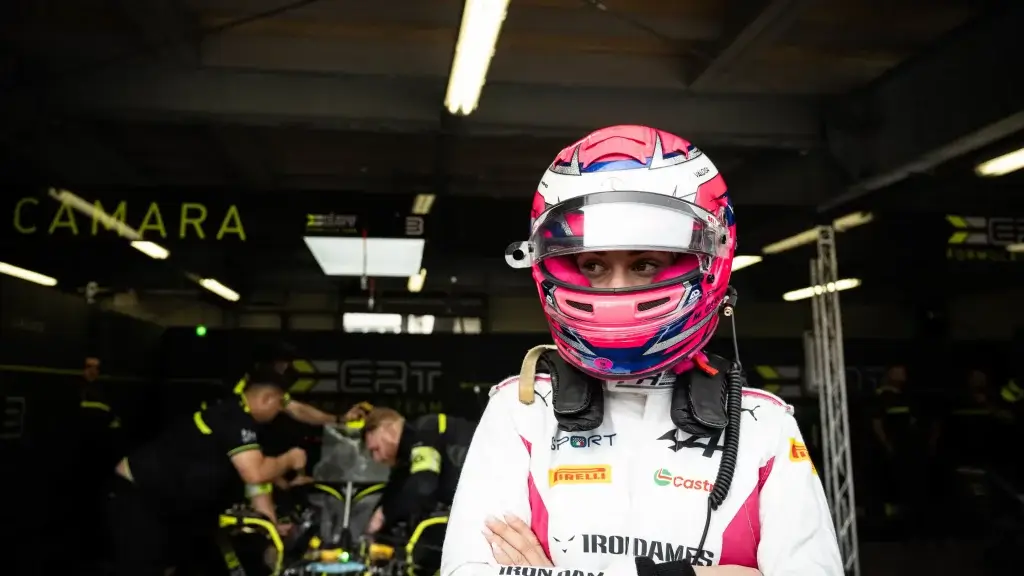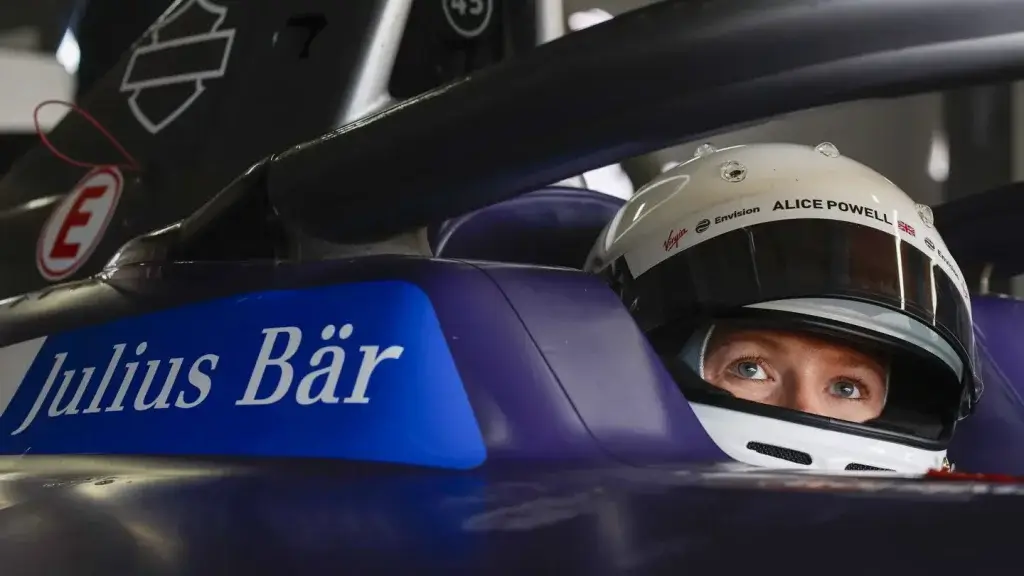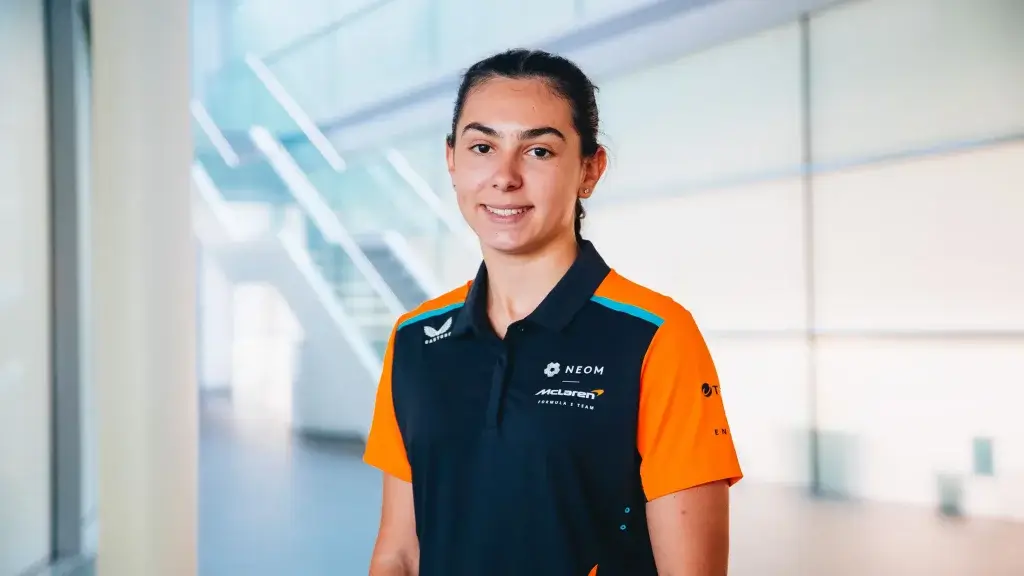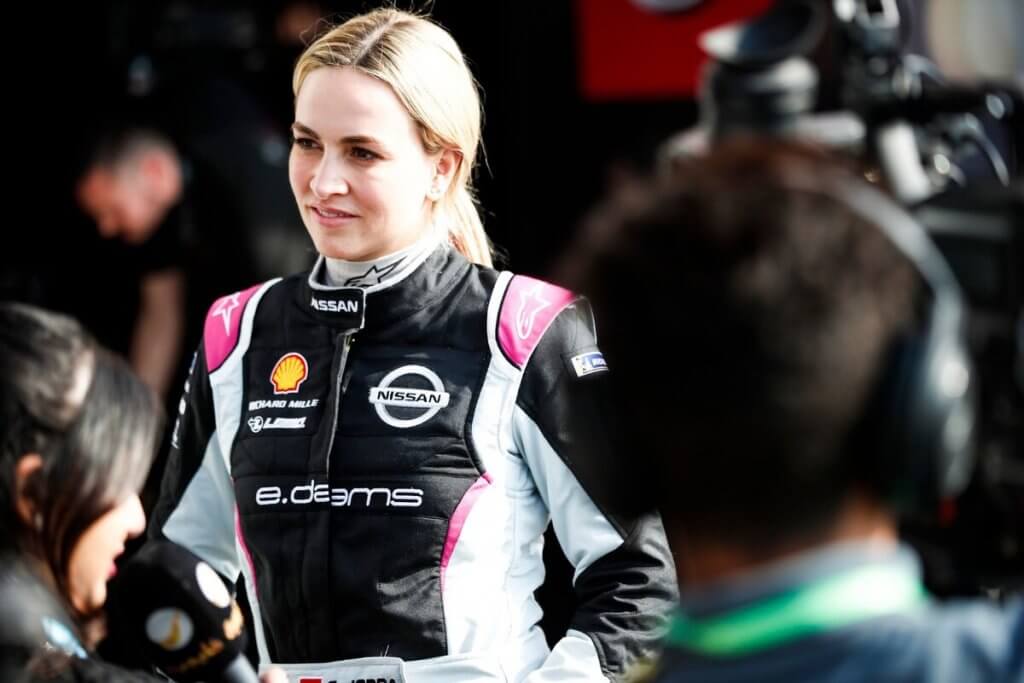In an unprecedented move for the FIA Championship landscape, Formula E is set to host a dedicated test session exclusively for women racing drivers on 7th November at the Ricardo Tormo circuit in Valencia. This pioneering initiative forms part of the pre-season testing schedule for the ABB FIA Formula E World Championship and represents a significant stride towards inclusivity in motorsport.

This historic event will showcase up to 22 elite female drivers, all of whom will get the chance to pilot the state-of-the-art GEN3 Evo race car, capable of reaching 0-60 mph in a mere 1.82 seconds, making it 30% faster than a current Formula 1 vehicle. This alignment with cutting-edge technology provides an unparalleled platform for women in motorsport, ensuring they have access to the same high-performance machinery as their male counterparts in the series.
Each of the 11 teams participating in the championship is mandated to include at least one female driver for the half-day test, with the option to field a second. This collective on-track experience aims not only to provide visibility but also to cultivate an environment conducive to professional growth for these elite athletes. By facilitating such opportunities, Formula E is effectively creating a pathway for women to enhance their skills and establish themselves in the highly competitive motorsport arena.

The Valencia test will be complemented by a series of media engagements, including press conferences and interviews, designed to elevate the profiles of these women within the elite motorsport community and beyond. This initiative not only targets established professionals but also seeks to inspire young women at grassroots levels, encouraging them to aspire towards careers in motorsport.
Despite motorsport being one of the few domains where men and women can compete directly, the current landscape remains disproportionately male, with only 3% of top-tier racing licenses worldwide held by women, according to the FIA. In response, Formula E is actively addressing these disparities, not merely by facilitating a one-off opportunity but by strategically dismantling the structural barriers that have historically impeded women’s progress in the sport.

Formula E’s commitment extends beyond the test session. The organisation is enhancing its long-term strategy to promote gender equality through several initiatives, including:
- The extension of the FIA Girls on Track programme, which will engage up to 400 local young women at the Valencia event, offering them a chance to interact with the participating drivers and take part in career-focused workshops.
- Collaborations with teams and partners to provide women drivers with additional support, encompassing engineering assistance, simulator access, future test opportunities, and comprehensive coaching.
- Consultations with accomplished women in sports to gain insights into their challenges, ultimately accelerating diversity and inclusion in motorsport.
- The integration of advanced technology into vehicles, such as power steering in the forthcoming GEN4 model (debuting in Season 13 in 2026), to enhance performance for all drivers.
- Ongoing amplification of the FIA Girls on Track programme throughout Season 11, aimed at further encouraging young women’s involvement in motorsport.
- Partnerships with diverse, women-led organisations to pinpoint and address barriers to entry for women and girls in motorsport.
Jeff Dodds, CEO of Formula E, articulates the vision behind this transformative initiative:
“We understand that achieving greater diversity in motorsport is not a straightforward task. However, to provide women with genuine equality, opportunity, and visibility in our series, it is imperative that we create the same conditions for all drivers, allowing them to develop and measure themselves against those already competing.”

He further emphasises the significance of using the cutting-edge GEN3 Evo car for this initiative:
“Unlike other series where women drivers are often limited to older, less competitive machinery, they will experience the latest technology in the GEN3 Evo, which accelerates 30% faster than an F1 car, just as our Championship drivers do.”
Acknowledging that a single test will not rectify the longstanding challenges faced by women in motorsport, Dodds maintains that this initiative marks a vital step in an ongoing journey towards equality. He reflects on the demographic representation within Formula E, stating,
“With an almost equal split of male and female fans, as well as within our executive and director teams, it is only right that our drivers and the broader ecosystem reflect those who support the sport.”

